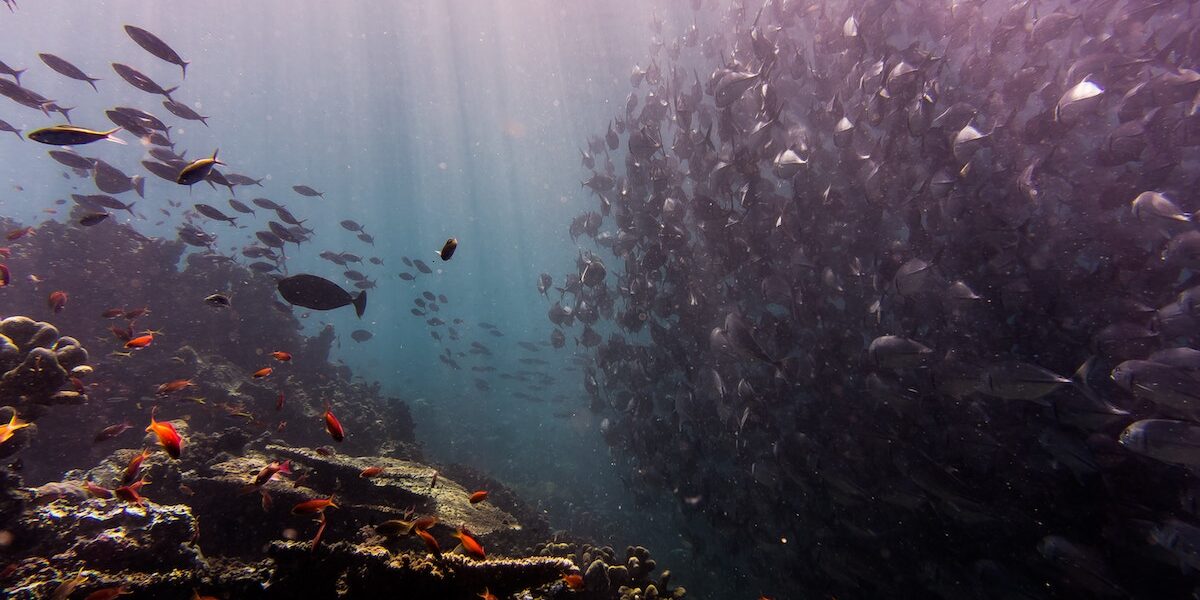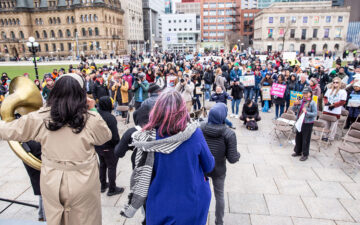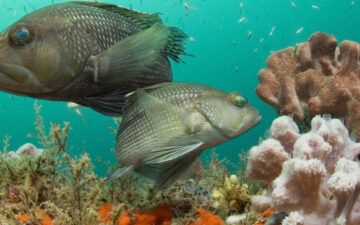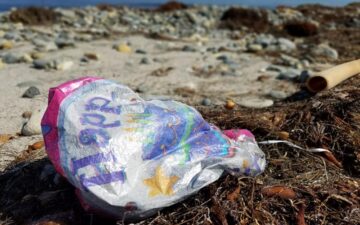Thank you! It is the one-year anniversary of Ocean Leadership Fund!
We have raised over $835,000 from both individuals and foundations to support one of the most important “value added” roles that The Ocean Foundation plays in ocean conservation.
The Ocean Leadership Fund allows our team to respond to urgent needs, add value beyond the dollars of our grants, and find solutions that support the health and sustainability of the world’s ocean.
To accomplish this we have divided the spending of this fund across three categories of activities:
1. Building the capacity of the marine conservation community
2. Improving ocean governance and conservation
3. Conducting research and sharing information
Within the three categories of OLF activities, here is a partial list of what we have been able to undertake in the first year:
Building Capacity
•Attended meetings, reviewed budgets and work plans, shared expertise in formal and informal presentations: Grupo Tortuguero de las Californias (President of the Board), The Science Exchange (Advisory Committee Member), EcoAlianza de Loreto (Advisory Committee Member), Alcosta (Coalition Member), and the Collaborative Institute for Oceans, Climate and Security (Advisory Board Member)
•Designed a campaign for sustainable coastal tourism development for Eco-Alianza
•Assisted in the creation and installation of a temporary exhibit on [crimes against our] Underwater Cultural Heritage at the National Museum of Crime & Punishment
Improving Ocean Governance and Conservation
•Helped organize and lead a funders’ collaborative focused on Ocean Acidification, including writing its strategic plan and budget
•Advised and collaborated with non-government organizations on High Seas and Caribbean strategies regarding whaling and Marine Mammal Protected Areas
•Advised European government representatives on presentation and content of a proposed United Nations Resolution related to marine mammals, and especially whaling on the high seas
•Further contributed to the establishment of the Agoa Marine Mammal Sanctuary; a protected marine migratory corridor from Florida to Brazil for 21 species such as Humpback whales, Sperm whales, spotted dolphin, Fraser’s dolphin, and pilot whales
•Strengthened and promoted the Western Hemisphere Migratory Species Initiative (WHMSI), especially in the marine sector
•Served as a Member of the Planning Committee for the International Sea Turtle Symposium in April 2011, which brought together over 1000 sea turtle scientists, activists, educators and others from around the world.
•While serving as Planning Chair for the Conservation Science Symposium held in Loreto in May 2011, brought together the key individuals working to study and protect the natural environment of the Baja California peninsula and Sea of Cortes.
Conducting Research and Sharing Information
•Shared information about creative and effective approaches to ocean conservation, such as carbon sequestration in marine ecosystems including sea grasses, marshes and mangroves, (known commonly as “blue carbon”), including a briefing for the US State Department, and at the Eye on the Earth Summit in Abu Dhabi
•Presented a panel on coastal economics at the 2011 Blue Vision Summit in Washington, D.C.
•Made a presentation on the intersection of governance, enforcement, and science at the 2011 Northwest Mexico Conservation Science Symposium in Loreto, Baja California Sur, Mexico.
•Presented on “travelers’ philanthropy” at the 2011 CREST Summit on Responsible Tourism (Costa Rica) and at The International Ecotourism Society’s annual meeting (South Carolina)
•Shared TOF research on sustainable aquaculture, and its integration into community economic development
•Served as peer reviewer for “Troubled Waters: How Mine Waste Dumping is Poisoning our Oceans, Rivers and Lakes”
•Wrote a chapter on “What is Successful Philanthropy?” in the Travelers’ Philanthropy Handbook, ed. Martha Honey (2011)
•Researched and wrote published articles on
– Ocean acidification and the preservation of underwater cultural heritage for the American Society for International Law’s Cultural Heritage & Arts Review
– Ocean acidification and a review of existing legal tools to address its effects in the American Bar Association’s Joint Newsletter on International Marine Resources
– Marine spatial planning in the Environmental Law Institute’s The Environmental Forum, in E/The Environmental Magazine, and the American Planning Association’s Planning magazine
Vision for Year 2
The Ocean Leadership Fund allows us the flexibility to deploy the talents and expertise of the TOF family of staff, projects, advisors, and fellows on behalf of the oceans and the people who work so hard to defend the marine world. As important, it allows us to reach beyond the circle of those who already understand the threats to the oceans and the potential for implementing solutions—engaging new audiences in the effort to protect the 70% of our planet. It is these new presentations, exhibits, and articles that we were able to produce because of the Ocean Leadership Fund.
One big project under way for 2012 is a new book about the next phase of the human relationship with the sea. We are hoping to finish researching and writing the first draft for Netherlands-based publisher, Springer. The book is The Future of the Ocean: The next phase of our relationship with the most powerful force on earth.
We will continue to participate where we can as long as we have the resources to do so. You can help us by clicking here.







